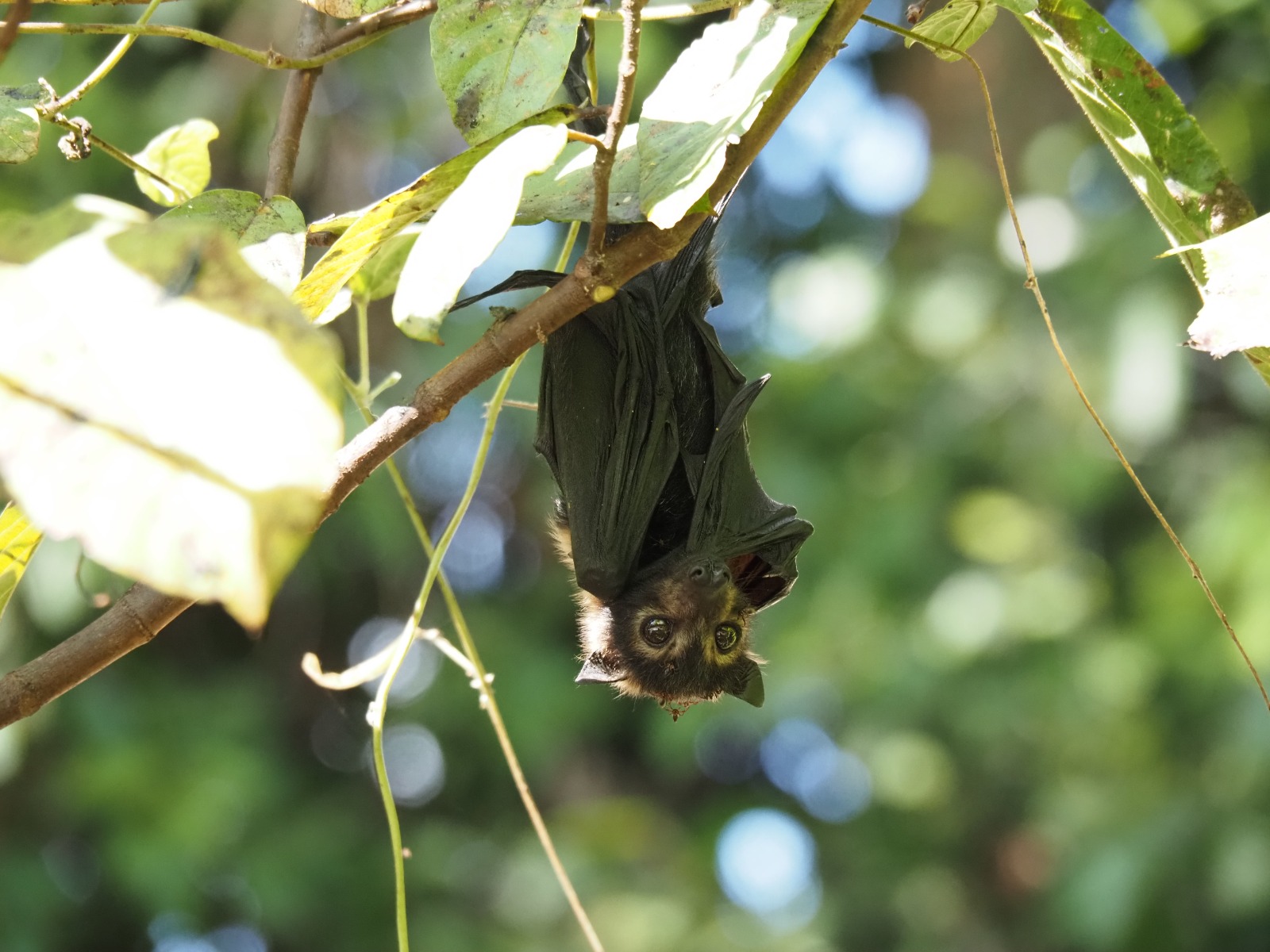
Council receives funds to tackle flying-fox roost challenges like noise and odour
MANAGEMENT PLAN

In a move to address the challenges posed by flying-fox roosts, the Douglas Shire Council has been awarded a grant of $42,000 by the Palaszczuk Government.
The funding aims to assist the council in developing a long-term roost management plan specifically tailored to the unique needs of the area.
As part of a broader initiative, the Palaszczuk Government has allocated over $200,000 in funding to support ten projects across Queensland that focus on managing flying-fox roosts.
The objective is to protect these roosts while simultaneously addressing issues such as noise, odours, and damage to crops, which have been a cause of concern for local communities.
Newsport reached out to the Douglas Shire Council to inquire about their plans for utilising the granted funds.
According to a council spokesperson, they intend to engage a qualified consultant to draft a flying-fox roost management plan specific to the shire.
“For many years, Council has been closely monitoring a roost of Spectacled flying-foxes, listed as endangered under the EPBC Act 2019, along with other species of the Pteropus genus in the Port Douglas area,” the spokesperson explained.
“DSC has received some complaints from local residents who reside adjacent to the colony.”
Ecological significance
Kate Koel, founder of Flying-foxes FNQ, a website focusing on rescuing and studying flying foxes in the Douglas Shire area, believes that the impact of flying-foxes in the region is minimal.
According to Ms Koel, after speaking with community members, particularly in Port Douglas, the negative effects affect only a small percentage of the population, with positive sentiments outweighing the negatives.
“Fluctuating populations of Spectacled flying-foxes come and go in Port Douglas, primarily between August and April during their birthing and rearing season, when stability in their environment is crucial for this endangered species,” she explained.
“While a small number of residents may be directly affected by noise and odours from the nearby camp, it is important to consider that flying-foxes have a long history in the area, predating the development of the town, as shared by Traditional Owners and long-term residents.
“If done well, a roost management plan will recognise the ecological significance of flying-foxes as important pollinators and seed dispersers for the Wet Tropics.
“This has direct links to the success of the economy and more importantly to support the ongoing health of vital ecosystems.
“It will also ensure attention is given to accurate scientific research and expertise, consider mitigation measures being implemented successfully in other parts of Australia, open up opportunities for long term monitoring, and ensure the Spectacled flying-foxes have the best opportunity for population recovery.
“A key component to the success of managing any flying-fox roost lies in community education and awareness and the importance of coexistence with our incredible wildlife.”
Co-existing with flying-foxes
Annie Schoenberger from Nightwings Rainforest Centre, a rehabilitation centre in Wonga Beach specialising in injured flying-foxes, shared her thoughts on the funding.
She emphasised the importance of not investing the funds in dispersing the flying-foxes from the area, noting that it only relocates the problem rather than solving it.
“We should strive to coexist with them by allowing them to remain in their natural habitat and engage in their typical behaviours,” she said.
“We live in a wild area with wild animals that call it home. It is essential to this species’ population recovery that we learn to coexist with wildlife.”
Thank you!
Newsport thanks its advertising partners for their support in the delivery of daily community news to the Douglas Shire. Public interest journalism is a fundamental part of every community.
Got a news tip? Let us know! Send your news tips or submit a letter to the editor here.
* Comments are the opinions of readers and do not represent the views of Newsport, its staff or affiliates. Reader comments on Newsport are moderated before publication to promote valuable, civil, and healthy community debate. Visit our comment guidelines if your comment has not been approved for publication.
